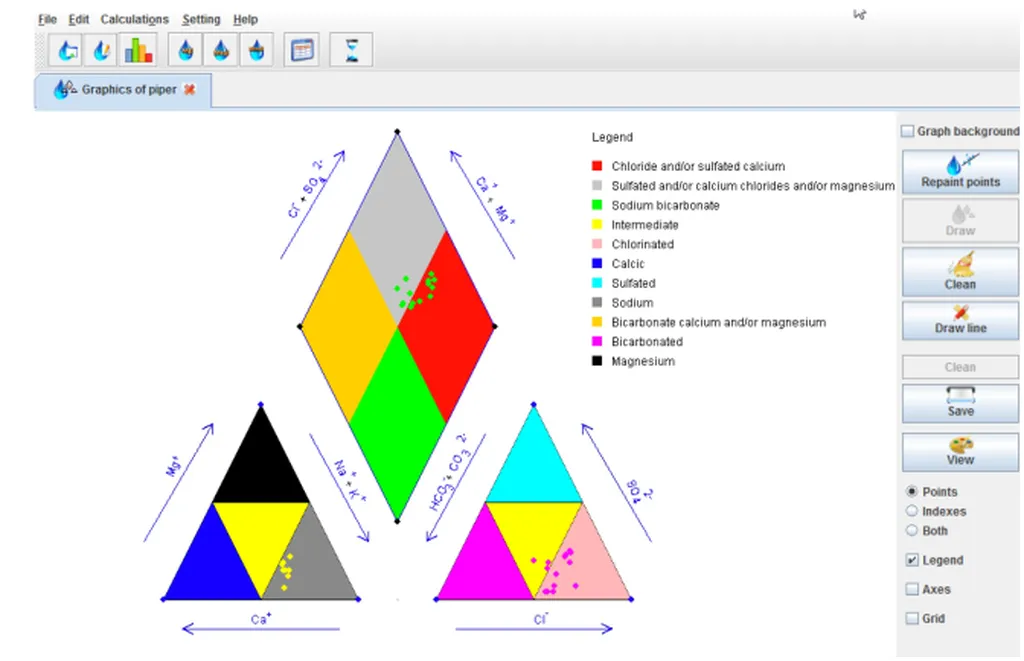In an era where water scarcity is becoming increasingly prevalent, the need for efficient and accurate methods to evaluate water quality has never been more critical. A recent study published in the journal *Ecosistemas y Recursos Agropecuarios* (translated to *Ecosystems and Agropecuary Resources*) introduces a groundbreaking software tool designed to revolutionize the way we assess irrigation water quality. Led by Francisco Bautista, this research presents Agriwater, a software solution that promises to streamline data processing and provide invaluable insights for agricultural and industrial applications.
Water quality evaluation is a complex process that involves analyzing various chemical parameters to determine suitability for irrigation. Traditional methods often require tedious manual calculations and can be time-consuming, limiting their practical application in large-scale operations. Agriwater addresses these challenges by automating the process, converting chemical units, and calculating key water quality indexes with remarkable efficiency.
“The software converts measuring units of ions to mg L-1, meq L-1, and mmol L-1, calculating the following water quality indexes: sodium absorption ratio, effective salinity, potential salinity, and chloride toxicity,” explains Bautista. This capability allows users to quickly assess the suitability of water for irrigation, ensuring optimal crop health and yield.
The implications of this research are far-reaching, particularly for the agricultural sector. By providing a tool that can handle and analyze thousands of data points in seconds, Agriwater enables farmers and agronomists to make informed decisions about water usage. This not only enhances crop productivity but also promotes sustainable water management practices, which are crucial in the face of climate change and increasing water scarcity.
Moreover, the software’s ability to evaluate water quality indexes such as sodium absorption ratio and effective salinity can significantly impact the energy sector. Industries that rely on water for cooling and processing can benefit from Agriwater’s insights, ensuring that the water they use does not compromise equipment performance or operational efficiency. This can lead to cost savings and reduced downtime, ultimately boosting productivity and profitability.
The development of Agriwater represents a significant step forward in the field of water quality assessment. Its intuitive and user-friendly interface makes it accessible to professionals across various industries, democratizing access to advanced water quality analysis. As Bautista notes, “The result is Agriwater software, a professional tool that can handle, analyze, and evaluate thousands of data in seconds in an intuitive and simple way.”
Looking ahead, the research published in *Ecosistemas y Recursos Agropecuarios* sets the stage for future advancements in water quality management. The integration of such tools into existing agricultural and industrial practices can lead to more sustainable and efficient water use, addressing the pressing challenges of water scarcity and climate change. As the world continues to grapple with these issues, innovations like Agriwater offer hope for a more resilient and sustainable future.

